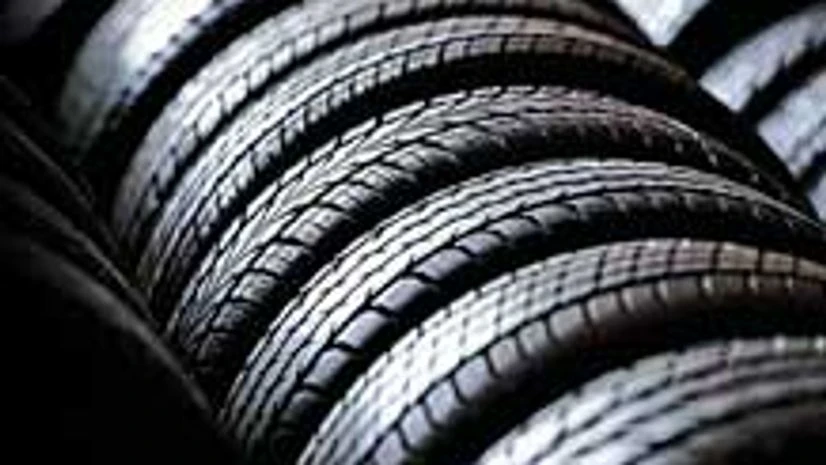Gaurav Kumar, Chief Financial Officer of Apollo Tyres says that the company's greenfield facility in Hungary is expected to roll out its first tyre from early 2017. In an interview, Kumar says the company's exports have grown significantly in the last 2-3 years, especially in the ASEAN and Middle East regions. Edited excerpts:
How has Apollo's export growth been?
We have seen significant growth in exports. Our plans with regards to exports in the last 2-3 years are bearing fruit now. Setting up of regional sales hubs in Dubai, for the Middle East market, and Bangkok, for the ASEAN region, has helped us penetrate these markets with our entire product range.
Chinese imports have badly hit the industry. Do you think the government will accept demands for duty hike on imports of tyres and other rubber-based products?
The tyre industry has made several representations to the government on the inverted duty structure wherein finished goods (tyres) can be imported at 7-10% duty under various trade agreements but natural rubber needs to be imported at 35% duty. We are hoping that the government will resolve this issue.
Also Read
Why have natural rubber imports fallen recently? Is it because of the slowdown in the industry or the hike in duty?
Imports are down due to increase in domestic production and to some extent also because of the increased duty. I don't think there is any slowdown as such being witnessed in the automotive and tyre segment.
How are you planning to ramp up overseas production and marketing?
The construction has already started at our planned greenfield facility in Hungary, which will see an investment to the tune of Euro 475 million over the next four years. Once ready, this facility will have a capacity to produce 5.5 million passenger car light truck (PCLT) tyres and 675,000 heavy commercial vehicle (HCV) tyres. The first tyre is expected to roll out in early 2017 from this facility.
What about domestic capacity expansion?
We recently announced plans to double our truck bus radial capacity in our Chennai facility. This capacity expansion will entail an investment of Rs 2,700 crore over the next 2-3 years.
Rubber prices have dropped drastically in the last two–three years, say from Rs 240 to 110/Kg. Why it is not reflecting in prices of tyres?
Tyre prices are not only dependent on the prices of natural rubber, and/ or other raw materials, but on various other factors like brand and product positioning, demand scenario and other market forces. Having said that, most of the tyre makers, including Apollo Tyres, have reduced tyre prices in the last few months.

)
